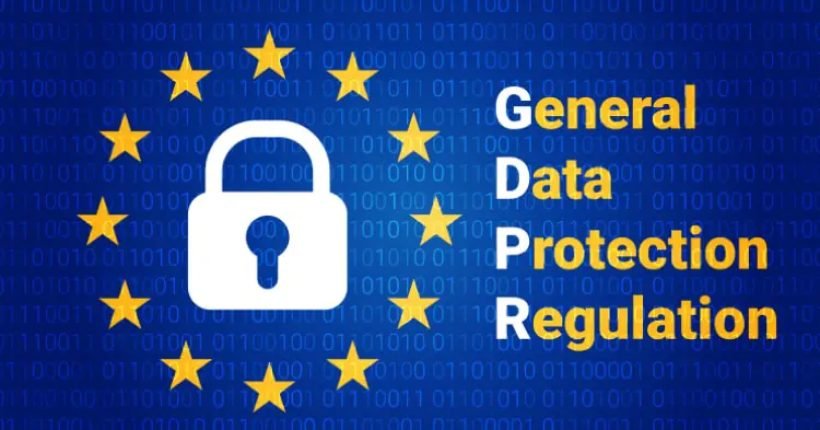

In today’s hyper-connected world, social media is more than just a personal pastime—it’s a powerful workplace tool that can either enhance or hinder professional performance. Whether you’re an employer shaping company culture or an employee navigating the digital landscape, understanding the impact of social media in the workplace is critical.
In this blog, we’ll explore the key themes from our comprehensive eLearning course on workplace social media use, including benefits, risks, legal implications, and best practices.
The Role of Social Media in Today’s Work Environment
Social media platforms like LinkedIn, Twitter (X), Facebook, and even TikTok are now integral to how businesses communicate, market, and build brand awareness. From networking and recruitment to public relations and customer engagement, the role of social media in the workplace is vast and constantly evolving.
Key insight: When used responsibly, social media can boost employee advocacy, increase brand visibility, and foster collaboration.
Benefits of Social Media for Businesses and Employees
Organizations can benefit from social media in numerous ways:
Enhanced communication within teams and with clients
Improved employer branding and talent attraction
Real-time customer feedback
Employee engagement and community building
For employees, it offers opportunities for professional development, industry learning, and thought leadership.
Risks and Pitfalls of Social Media in the Workplace
Despite the benefits, unchecked social media use can lead to serious problems:
Data leaks and confidentiality breaches
Reputation damage through inappropriate or insensitive posts
Distraction and decreased productivity
Cyberbullying or harassment
Employees and employers alike must be aware of these social media risks to mitigate potential damage.
How Social Media Shapes Workplace Culture
Workplace culture is increasingly influenced by digital interactions. A company’s online tone, content, and employee behavior on social platforms reflect its values. Social media can either foster a positive workplace culture of transparency and support—or fuel negativity and conflict.
Encouraging responsible digital citizenship is essential for maintaining professionalism and respect.
Consequences of Misuse for Employers and Employees
Social media misuse can lead to:
Disciplinary action or termination
Legal liabilities due to harassment or defamation
Loss of client trust or business opportunities
Understanding the consequences of unprofessional social media use can prevent reputational and financial fallout.
Why Every Company Needs a Social Media Policy
A clear and enforceable social media policy outlines acceptable behavior, security guidelines, and legal obligations. It protects both the business and its workforce by setting expectations and boundaries.
Key elements to include:
Usage guidelines during work hours
Confidentiality rules
Brand representation standards
Reporting procedures for misuse
Legal and Ethical Considerations
Social media use in the workplace intersects with areas of law such as privacy, defamation, intellectual property, and employment law. Employees must also consider ethical issues like spreading misinformation, online trolling, or misrepresenting their employer.
Best Practices for Professional Social Media Use
Employees can protect their personal brand and employer’s reputation by:
Thinking before posting or commenting
Using privacy settings wisely
Separating personal and professional accounts
Refraining from engaging in online arguments or controversial topics
Tools and Resources for Safe Engagement
Numerous tools exist to help manage professional social media use:
Monitoring apps to track mentions of your brand
Scheduling tools like Buffer or Hootsuite
E-learning platforms to train staff on digital etiquette
Staying informed and using the right tools is key to safe, strategic social media engagement.
Summary
Social media in the workplace is not inherently good or bad—it’s how it’s used that determines the outcome. By understanding both its potential and pitfalls, organizations and professionals can create a thriving digital culture that supports business goals while protecting reputations.
Want to dive deeper? Check out our Social Media in the Workplace eLearning course to get a deeper understanding of the skills, policies, and mindset needed for responsible social media use at work.
Popular posts
You May Also Like
-
May 26, 2025
-
May 22, 2025
-
May 14, 2025
-
May 5, 2025
Login with your site account
Links
- © 2025 CompIAI Learning








